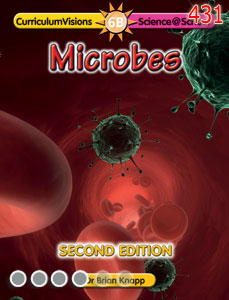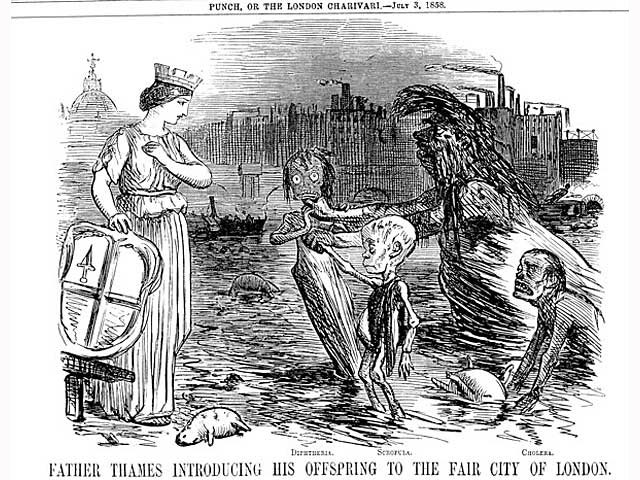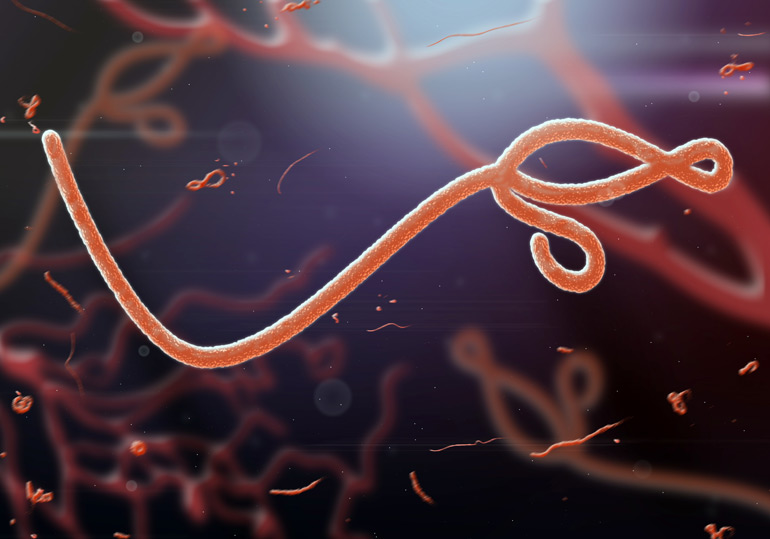A disease is something that is wrong with the body. It is another word for illness. It is the other main thing that can happen to people as well as injury (trauma).
There are two different types of disease: infectious disease, something that you catch from the environment or other people, and something that goes wrong with the working of your body, such as a cancer.
Eventually all of us will die due to something going wrong. As we get older, our natural defence systems become weaker, and so we tend to catch infectious diseases more easily. Pneumonia is a major cause of disease in old people. But people can become ill earlier than would be expected from, for example, heart disease (the most common cause).
Infectious diseases are those we get from microbes in the environment, such as bacteria (plague) and viruses (Ebola), but also fungi and small organisms called protozoa that we might digest with unclean water (cholera) or due to an insect bite (malaria).
Non-infectious diseases are all other diseases, including cancer, heart disease, and inherited disease.
When you have a disease, the body recognises this and begins to try to correct the problem. It diverts as much resource as possible to this effort, shutting down other things we might normally do. So we might feel sleepy, not want to do much, we might feel depressed and other conditions. We might also have a high temperature. That is a sign of our body working overtime to sort out a problem usually caused by an infectious disease.
Nowadays, we also use the term disorder instead of disease. This is particularly the case with things that go wrong mentally, and where there is no physical sign. So, depression would be called a disorder. With mental health the disorder is not just inside us, but also affected by our environment.
A syndrome is an illness that has many causes. Parkinson's syndrome has many possible causes, and in many cases the causes are still unknown.
An infection is a foreign microbe that gets into our bodies. It could be breathed in, it could be from touch, it could be in the water or from food.
Most people are affected by infectious diseases during their lifetimes. Food can be a problem if it is not prepared properly. It is called food poisoning.
Airborne diseases are very common and include the viruses that cause flu and the common cold. Nobody puts on protective suits to guard against these viruses because they are normally not fatal.
Some viruses are passed on by body fluids or by bites from animals and can be fatal until cures are found. AIDS is a famous one of recent times. Ebola is the one causing great concern at the moment. They can be passed on by touch, or body fluids such as from a sneeze getting on to another person's skin. That is why health workers have to put on protective suits.







